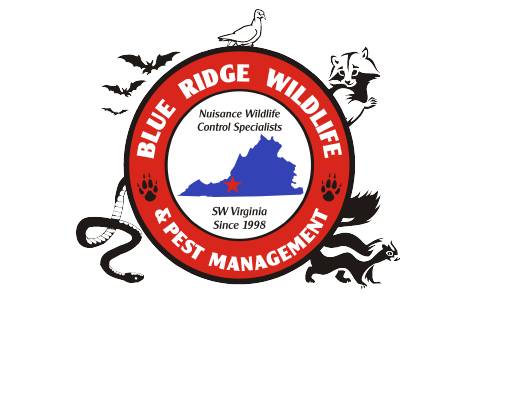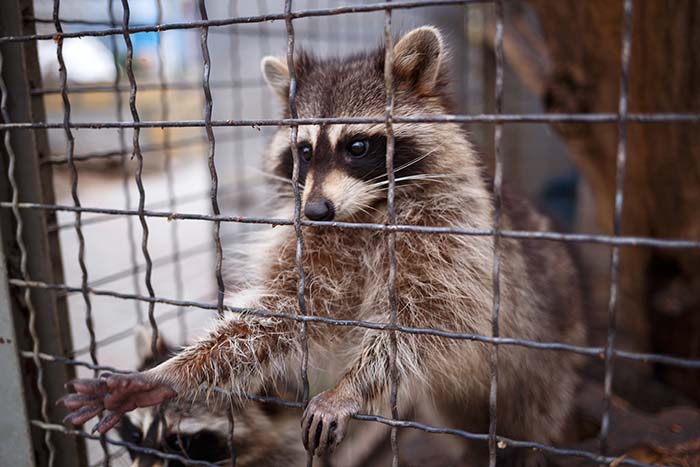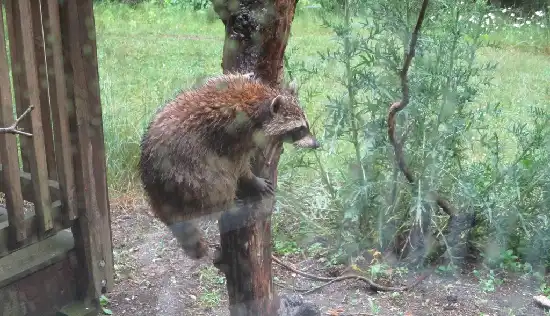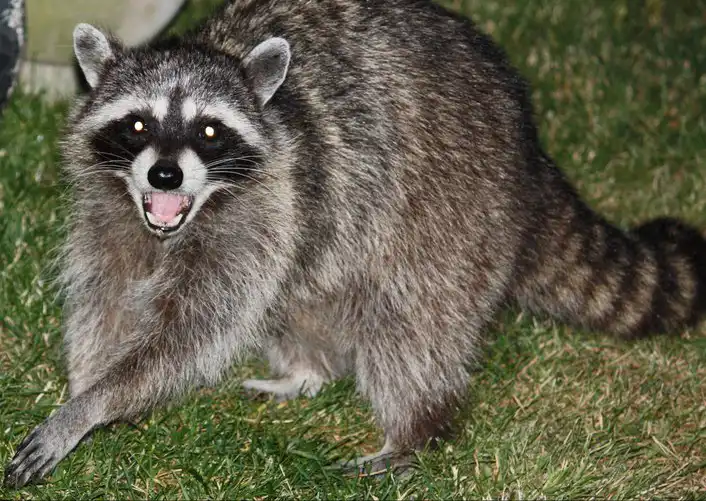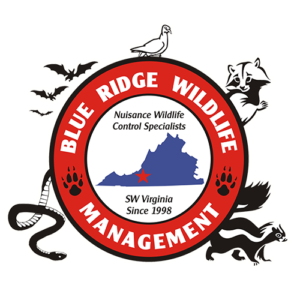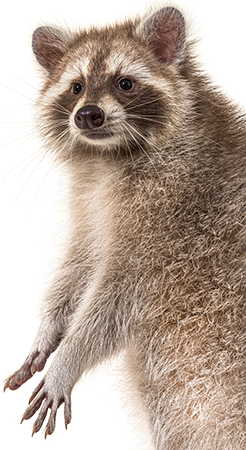
Raccoons in Virginia
Virginia Raccoons Description
Raccoons are medium-sized mammals that are easily recognized by their distinctive masked face and ringed tail. They have a stocky build and short legs, with grayish-brown fur on their body and black fur on their legs and tail. Raccoons have sharp claws and dexterous front paws that are adapted for grasping and manipulating objects, and their hind feet have five toes that allow them to climb and walk with ease. They have a pointed snout, small ears, and dark eyes that are surrounded by black fur, which gives the appearance of a mask. Adult raccoons can weigh anywhere from 10 to 30 pounds and measure up to 3 feet in length, including their tail.
Their distinctive black mask-like pattern around their eyes that helps to reduce glare and enhance their night vision. The mask-like pattern may vary slightly in shape and size, but it is a consistent feature among all raccoons.
In Virginia, there is only 3 species of raccoons that can be found, they are the Common Raccoon, Eastern Raccoon, and the Chesapeake Raccoon.
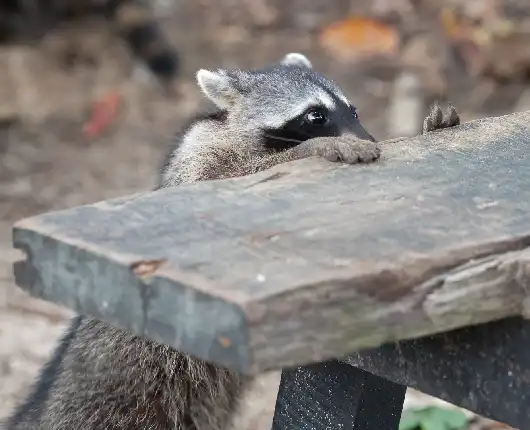
Eastern Raccoon Range

Raccoon Life Cycle
Raccoons have a life cycle that is similar to many other mammals. They are born in litters, with the average size being around four to six young. The young, known as kits, are born blind and helpless and rely entirely on their mother for survival. The mother raccoon, also known as a sow, will care for her kits for about three months before they are weaned and begin to eat solid food.
After weaning, the young raccoons will start to venture out of the den with their mother, learning important survival skills such as foraging for food and avoiding predators. By the time they are six months old, the kits are almost fully grown and are able to fend for themselves. However, they will often stay with their mother for another few months before striking out on their own.
Once they reach sexual maturity at around one year of age, raccoons will begin to breed and have their own offspring. Raccoons are typically solitary animals, but during the mating season, males will actively seek out females to mate with. After a successful mating, the female will give birth to a new litter of kits, continuing the life cycle of the raccoon. Overall, the life cycle of a raccoon is an important part of the ecosystem and provides insight into the behavior and habits of these fascinating animals.
Raccoons play an important ecological role in Virginia’s ecosystems as both consumers and distributors of resources. They are known to have a significant impact on food webs and ecosystems due to their feeding habits, interactions with other wildlife, and role as a keystone species.
Raccoons are omnivorous and opportunistic feeders, meaning that they consume a wide range of plant and animal matter. This includes fruits, nuts, insects, small mammals, birds, and eggs. As a result, raccoons have been shown to influence the abundance and distribution of these resources within ecosystems, which can in turn affect the populations of other wildlife species that depend on them.
Additionally, raccoons can have both positive and negative effects on other wildlife populations. For example, they may compete with other omnivorous mammals, such as opossums and skunks, for food resources. On the other hand, they may also play a role in regulating the populations of small mammals and bird species by preying on their eggs and young.
Finally, raccoons are considered a keystone species in some ecosystems, meaning that their presence or absence can have a disproportionate impact on the overall health and functioning of the ecosystem. This is because raccoons play a key role in dispersing seeds, controlling pest populations, and regulating food webs.
Overall, understanding the ecological role of raccoons is important for effective management and conservation of their populations. By recognizing their importance in ecosystems, managers can implement strategies to promote healthy raccoon populations while minimizing conflicts with humans.
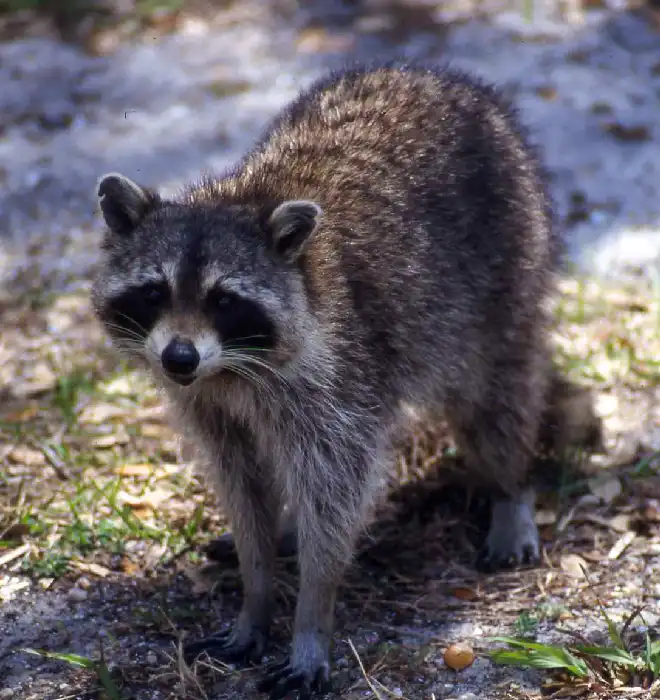
Do You Have a Raccoon Problem?
Learn more about our Raccoon Removal Program or call us at (540) 776-1769
